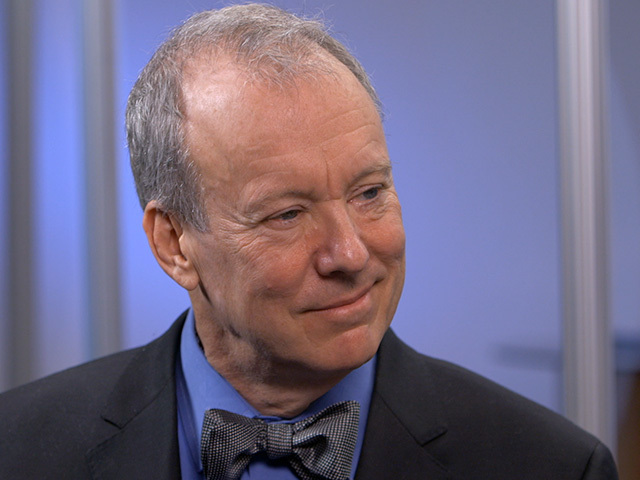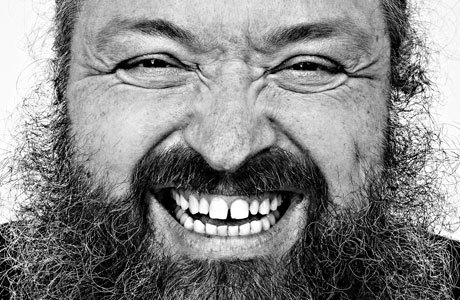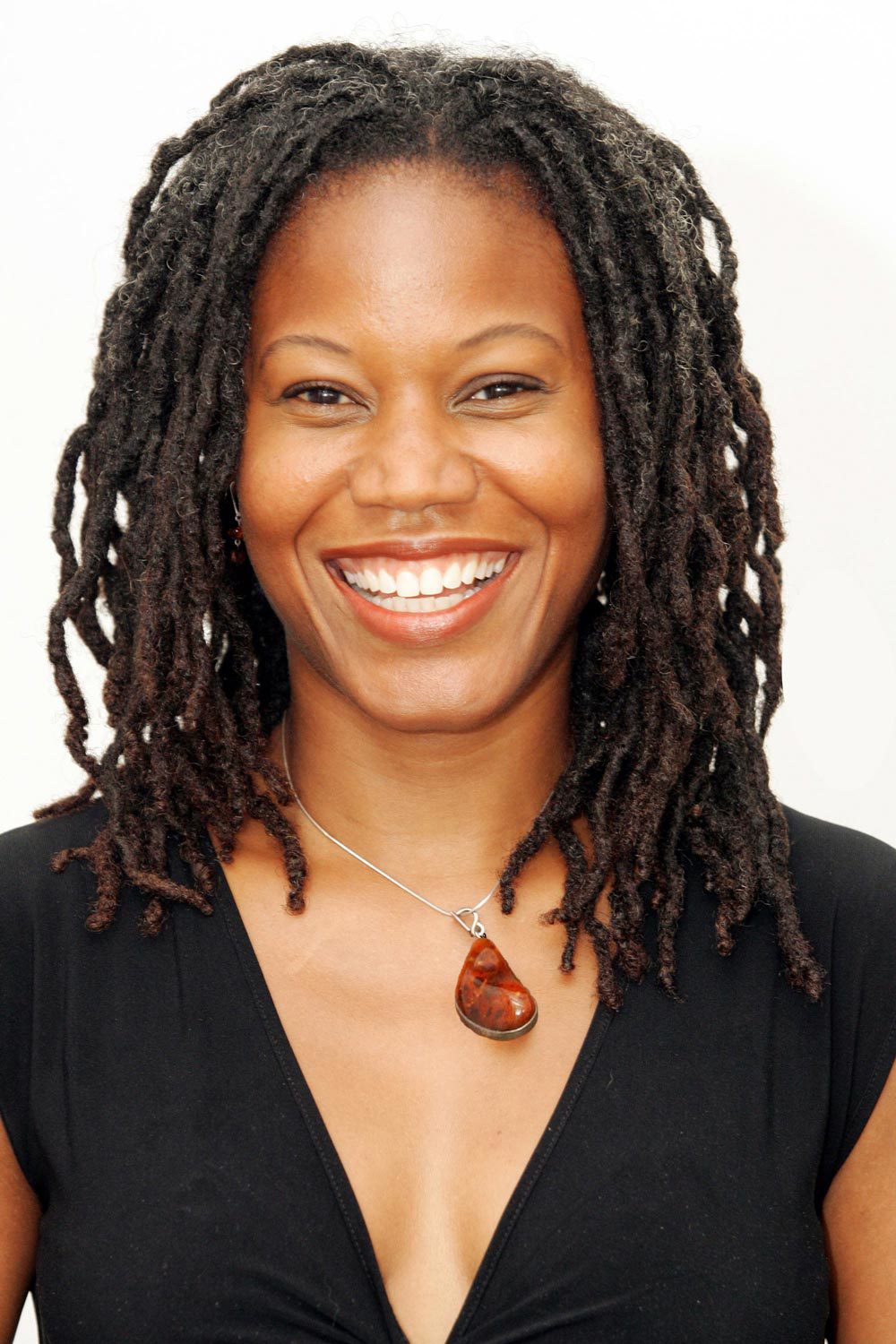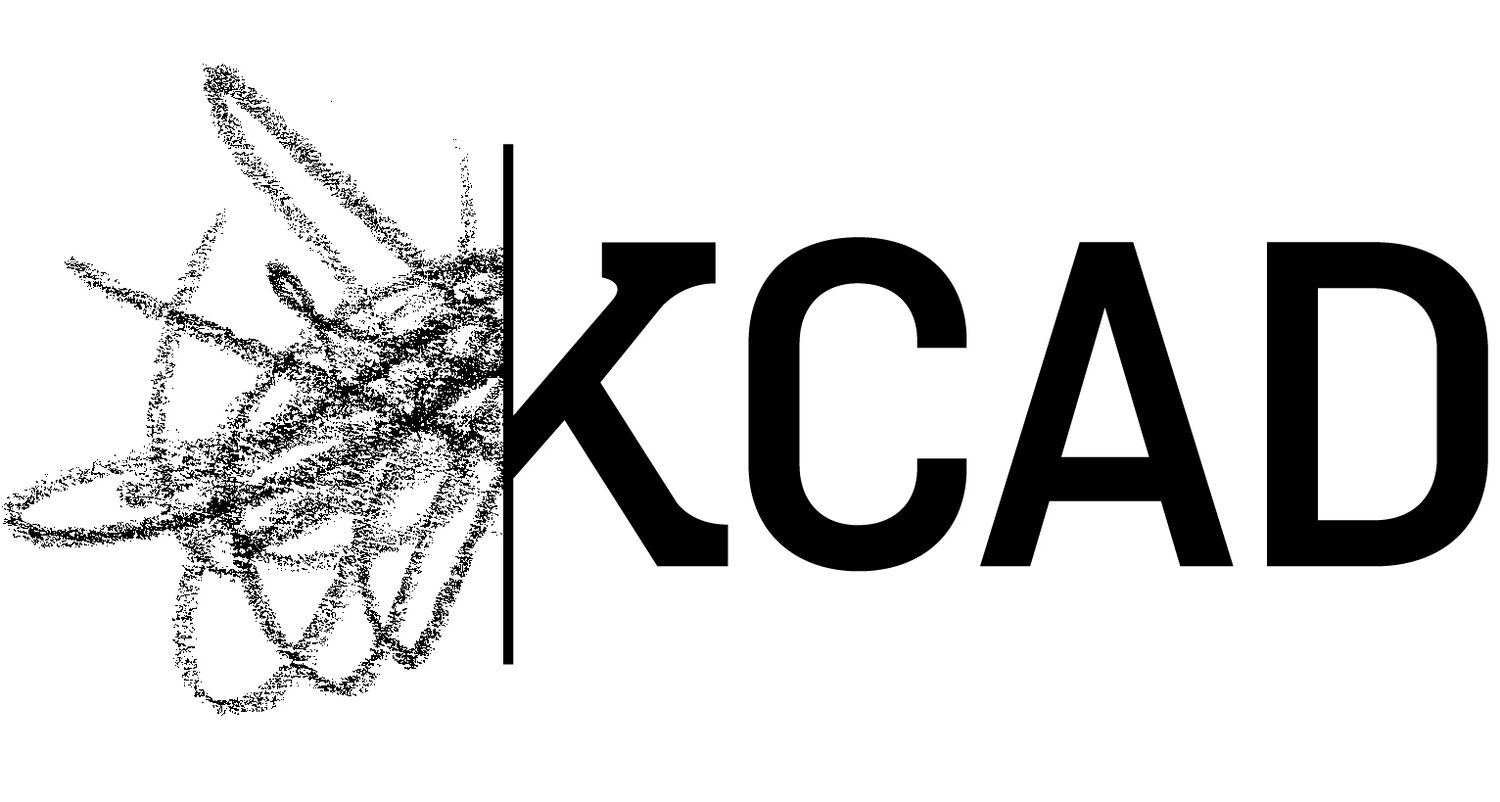










The Ellen MacArthur Foundation works ineducation, business innovation and analysis to accelerate the transition to aCircular Economy.
The circular economy is a generic term for an economy that is regenerative by design. Materials flows are of two types, biological materials, designed to reenter the biosphere, and technical materials, designed to circulate with minimal loss of quality, in turn entraining the shift towards an economy ultimately powered by renewable energy.

Mike Werner is a chemist, engineer, and sustainability strategist with Haworth, a global office furniture manufacturer. Having decided to give up the life of a pharmaceutical chemist, he has been dedicated to eliminating toxic chemicals from consumer products instead of creating them. Mike also advocates for design thinking as a platform for addressing corporate sustainability and driving business solutions. He has served as a sustainability advisor to the Department of Homeland Security and the National Institute of Building Sciences. When asked about the future of business growth, Mike responded: “Because we expect to see significant global changes in consumption, resource availability, and volatility over the next 15 years, our businesses must find ways to decouple growth from constrained resources. Innovation must start today if we are to have sustainable, profitable business.”

Janine M. Benyus (born 1958 in New Jersey) is an American natural sciences writer, innovation consultant, and author.
Benyus graduated summa cum laude from Rutgers University with degrees in natural resource management and english literature/writing. Benyus teaches interpretive writing, lectures at the University of Montana, and works towards restoring and protecting wild lands. She serves on a number of land use committees in her rural county, and is president of Living Education, a nonprofit dedicated to place-based living and learning.
Benyus has authored six books on biomimicry, including Biomimicry: Innovation Inspired by Nature. In this book she develops the basic thesis that human beings should consciously emulate nature's genius in their designs.
In 1998, Benyus co-founded the Biomimicry Guild, the Innovation Consultancy, which helps innovators learn from and emulate natural models in order to design sustainable products, processes, and policies that create conditions conducive to life. She is also President of the The Biomimicry Institute, a non-profit organization whose mission is to naturalize biomimicry in the culture by promoting the transfer of ideas, designs, and strategies from biology to sustainable human systems design.

Vice President , Library & Materials Research
Dr. Dent received his Ph.D. in materials science from the University of Cambridge in England and plays a key role in Material ConneXion’s expansion of its technical knowledge base.
Dr. Dent’s primary function is to direct research into innovative products and processes. His role includes coordinating the monthly jury selections that vote new materials into the our libraries in New York, Bangkok, Cologne and Milan as well as management of the physical library team and our online database. Dr. Dent is also charged with guiding the implementation of research in consultancy projects for our clients.
Prior to joining Material ConneXion, Dr. Dent held a number of research positions both in industry and academia. At Rolls Royce PLC, Dr. Dent specialized in turbine blades for the present generation of jet engines. He has completed postdoctoral research at Cambridge University and at the Center for Thermal Spray Research, SUNY, Stony Brook, NY. Other research projects, during this period, included work for the US Navy, DARPA, NASA, and the British Ministry of Defense.

William McDonough is an advisor, designer, thought leader, and author. Trained as an architect, his interests and influence range widely, and he works at scales from the global to the molecular. He is recognized globally as a leader in sustainable development. His vision for a future of abundance for all is helping companies and communities think differently. Together they are changing the world.

Bruce Mau (born October 25, 1959) is a Canadian designer. From 1985-2010, Mau was the creative director of Bruce Mau Design (BMD), and the founder of the Institute without Boundaries. In 2010 Mau went on to establish The Massive Change Network in Chicago.

In his long career, he has transformed his field of research—the behavior of ants—and applied his scientific perspective and experience to illuminate the human circumstance, including human origins, human nature, and human interactions. Wilson has also been a pioneer in spearheading efforts to preserve and protect the biodiversity of this planet.

Admired by an ever-growing number of readers and imitated by hundreds of writers, A Sand County Almanac written by Aldo Leopold serves as one of the cornerstones for modern conservation science, policy, and ethics. First published by Oxford University Press in 1949 – one year after Leopold’s death – it has become a classic in the field equaled in its lasting stature only by Henry David Thoreau’s Walden.

Saul is the co-founder and CEO of OtherLab, a research and development company working on computational manufacturing and design tools[3] and applying those tools to projects such as inflatable pneumatic robots and prostheses,[4] novel approaches to heliostat design,[5] and applications of computational origami to the design of pressure vessels (e.g. for compressed natural gas) in arbitrary shapes.[6]
Previously, he was a co-founder of Squid Labs, and its spinout companies and projects Makani Power, WattzOn, HowToons, Instructables, OptiOpia, Potenco and Monkeylectric.[7]
Saul Griffith leads the movement to explain simply and illuminate the technical and practical energy needs of the planet. He also worked closely with the OLPC team to develop a portable human-powered source sufficient to regenerate a battery in a low-cost laptop.
